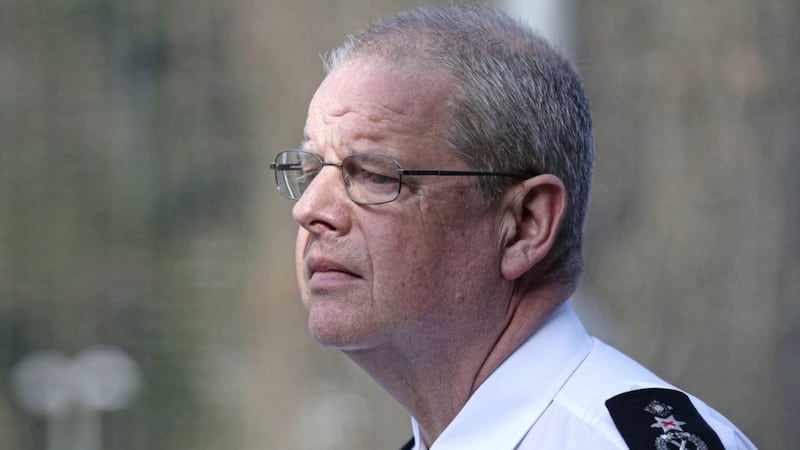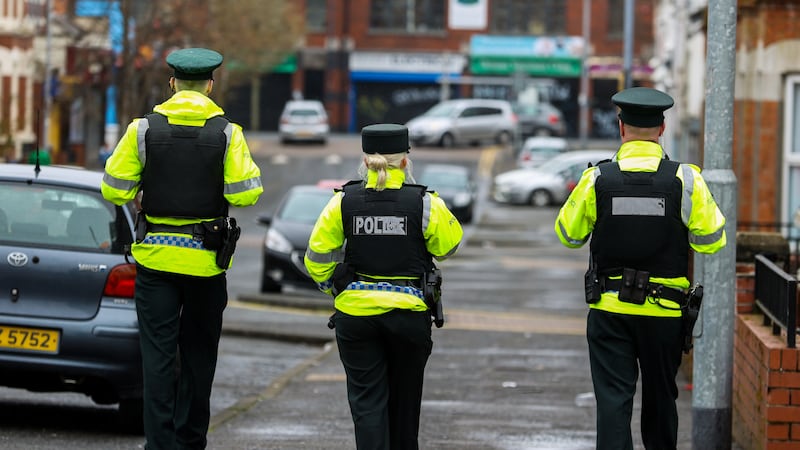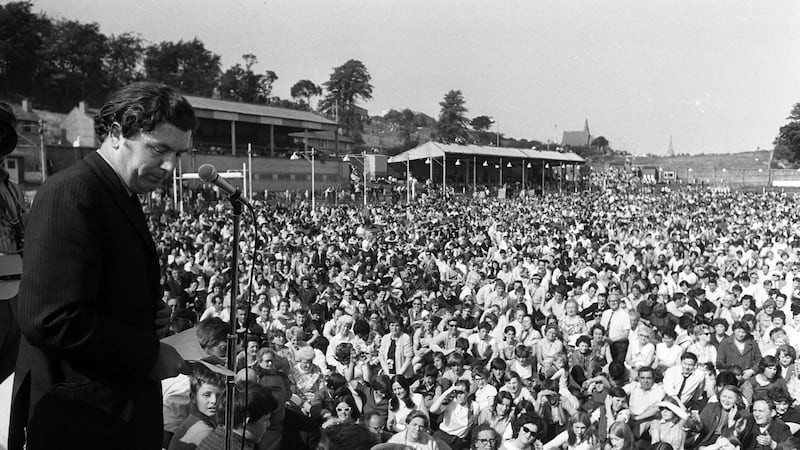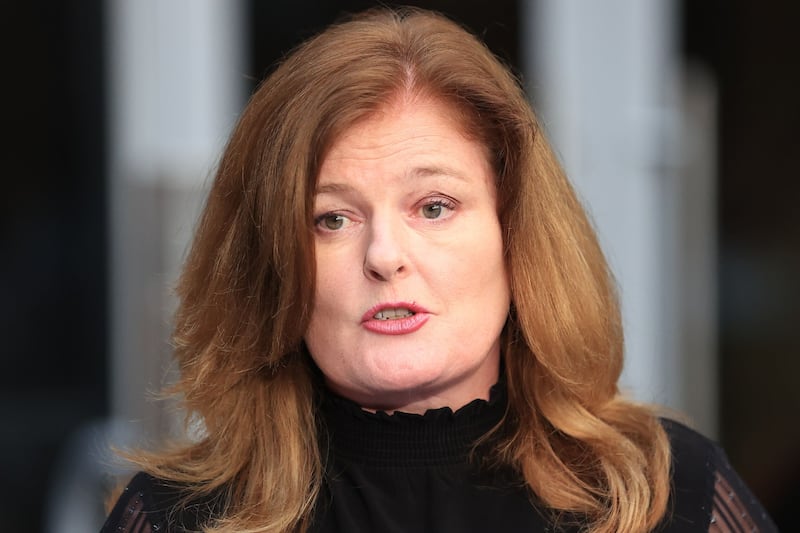SIMON Byrne has defended police actions around the funeral of Bobby Storey and said he will not resign.
First Minister Arlene Foster yesterday rang the chief constable to say his position was "untenable" after it emerged that engagement between police and funeral organisers was a factor in not bringing prosecutions.
Speaking to the BBC this morning, Simon Byrne said: the "ambiguity" of the coronavirus regulations is to blame for prosecutions not being brought against 24 people who were charged over their attendance at the funeral of the senior republican last year.
"At the end of the day the key issue that influenced the decision of the Public Prosecution Service was actually ambiguity around the laws that were in force at the time, not the actions of the police service," he said.
"It's been difficult policing Covid here, and indeed across the UK as you've seen, with trying to make sense of fast-paced law.
"We're quite clear that last year at the funeral we thought there were breaches of the health protection regulations and we policed the funeral, and then investigated it on that basis.
"Neither myself nor any of the officers that were involved in this planning operation or policing operation have done anything but follow national good practice."
Mr Byrne defended his officers' actions in liaising with organisers of the funeral of Bobby Storey ahead of the event last June.
"There was planning of the funeral after Mr Storey died, there was some contact between the senior officers that we had appointed to police the funeral, and that continued until right up until the day, that would be normal practice, and indeed we would have been criticised had we not spoken to the organisers at an event like this where we assumed there could well be large numbers of people," he told the Stephen Nolan Show.
"The critical thing to remember here that when you look at the findings from the director of public prosecutions, he is really clear that actually regardless of what we did or didn't do, which we still stand behind, was the fact that on the day the law was confusing and inconsistent, and that inhibited his ability to bring a prosecution."
Speaking yesterday, Mr Byrne said: "I stand behind the actions of the senior officers in the planning of this operation, it was entirely consistent with our training and good practice and indeed were I to go, it would undermine our future planning at any event like this because we're trained to engage and to encourage people's behaviour.
"We have to hear the voice of the unionist community but we're here to police impartially, we did that in the run up to the funeral, during the funeral and in the investigation."
Mr Byrne said the decision of the PPS "does not change our view that what happened last summer when large numbers of people chose not to stay at home at the height of a pandemic was unnecessary, irresponsible and insensitive".
"It was wrong," he said.
However, the PSNI chief insisted that using force to prevent the funeral was "never going to work" or "justified or proportionate".
Mr Byrne also said he wanted to make it clear that while police did engage with the organisers, no deals were done.
"We did not turn a blind eye," he said.
"Whilst we note that the PPS conclude that this tried and tested approach, entirely consistent with national police practice, could have afforded a reasonable excuse to prominent attendees, it is also clear that overall the prosecution outcome would not have been different even if our approach had been given the complexities in the regulations at the time."
Assistant Chief Constable Alan Todd said officers will examine the PPS report and learn any lessons.
"We have had the PPS and their lawyers being able to consider the regulations that were in force for three or four months and to give a very defined position on something we had to consider and plan for in two to three days," he said.
"So clearly there will be things come out of the PPS report today that we would build into our planning going forward for any future events and it would be wrong of me to say we wouldn't learn those lessons."
In a statement last night, the Policing Board said it "will have an opportunity to discuss and question the Chief Constable on the statement by the Public Prosecution Service on decisions on the Covid funeral files and the PSNI response at its accountability meeting on Thursday 1 April 2021.”








